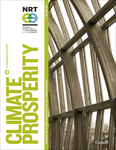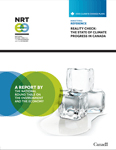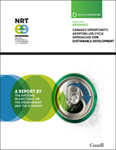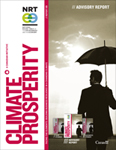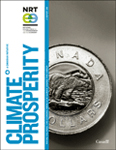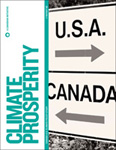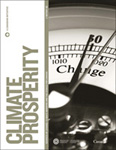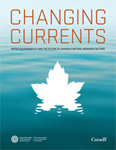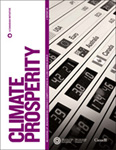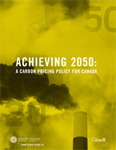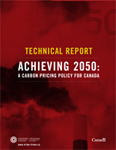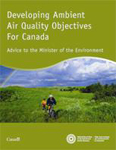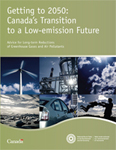Parallel Paths – Message from the Chair
Where geography has made us neighbours and economics has made us partners, as one American president reminded us, climate change brings a powerful new dimension to the deep relationship Canada and the United States have with one another.
Canada’s most important trading partner has become Canada’s most important climate partner. We need to understand how we can meet our environmental responsibilities as a sovereign state and a global actor fully comprehending the unique economic ties we enjoy on this continent.
Canada has embarked upon a path of climate policy harmonization with the United States. This has significant implications to our own climate policy ambitions and realizations.
The NRTEE’s report Parallel Paths: Canada-U.S. Climate Policy Choices spells out those implications – economically and environmentally – for Canada. We offer new insights and analysis to governments, business, the environmental community, and Canadians on just what harmonizing climate policy with the United States means. Importantly, in a time where uncertainty on U.S. policy direction is growing, we show how and where a made-in-Canada approach can move us forward, respecting our overall goal of climate policy harmonization, to meet our national GHG targets.
Common cause in developing and implementing effective and realistic climate policies that meet stated greenhouse gas emission reduction targets makes sense. But that cause must truly be ‘common’, and Canada and Canadians may need to consider – sooner rather than later – a transitional policy option in its stead.
The Government of Canada has made positive and important strides on climate policy harmonization with the United States. As it contemplates additional steps to meet the GHG emission targets it has set, the NRTEE’s report suggests a new way forward to climate prosperity.

BOB PAGE
NRTEE Chair






